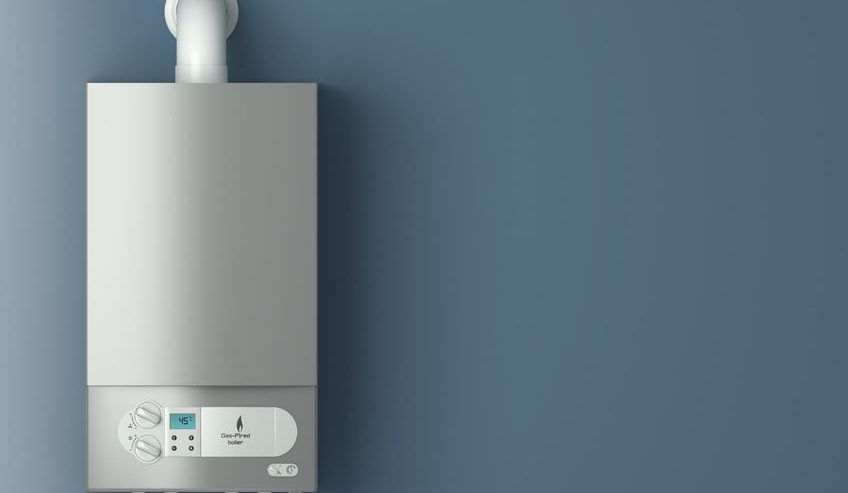Traditional Water Heaters vs. Tankless Water Heaters
Like many home appliances, your water heater is not something you usually dwell on every day. It is one of those “out of sight, out of mind” facets of your home, despite the fact that it is one of the more vital aspects of 21st century life. If you are considering having a new water heater installed in your home, you might be wondering which is the best choice for you, making it important for you to examine the facts so that you get exactly what you know. Learn more about the difference between tankless and traditional water heaters, and find out which one is the right choice for your home.
Differences in Operation
The traditional water heater is probably what you think of when you picture a water heater in your head. Large and usually cylindrical, traditional water heaters both heat and store hot water for use throughout your home in washing machines, showers, sinks and dishwashers. Traditional water heaters are typically glass-insulated and come equipped with several safety measures to ensure both the safety of your home and that your water is not wasted.
Tankless water heaters, on the other hand, are installed directly to a cold water line and heat water as needed instead of storing it for future use. You will also notice that a tankless heater is significantly smaller than a traditional water heater, sometimes even being installed on individual appliances or water lines. Often, tankless water heaters will also have a smaller storage tank attached to it, although this depends on the unit you buy.
Comparing Water Usage
If you have a smaller or mid-sized home, traditional water heaters are perfectly acceptable and will provide you all the hot water you need. They have been the norm in the United States for decades. However, for larger families, tankless water heaters are becoming more and more popular thanks to their ability to heat water on demand. The seemingly endless supply of hot water is perfect for if you have a large families or a spacious household that has higher than average water demands.
Traditional water heaters, once they run out of hot water, will take some time to refill their store. This is known as its “recovery rate.” Alternatively, due to the tankless water heater’s nature, it never has any reason to regenerate its supply of hot water. This is ideal for the last person in line for the shower, even with the dishwasher running and the final load of laundry in the washing machine.
Improved Energy Efficiency is Time and Money Saved
Because the tankless water heater system heats water as needed, it uses less energy, which is a benefit if you’re an energy conscious homeowners. In contrast, the traditional water heater uses energy to both expel the water and refill the tank. Clear, tankless system will save you a great deal of money on both water and energy, whether the home is running on gas or electricity.
Additionally, the traditional water heater is more prone to corrosion. While it does have protections in place to slow the corrosion down, this can be an inevitable. The tankless system can even last up to ten years longer than a traditional water heater, saving you even more on future replacement costs.
In the Long Run
Due to the ever-growing environmental movement in the United States, tankless water heaters are gaining in popularity. Long-term water and energy savings will benefit not only you, the homeowner, but the planet as well. Although the installation process can be a bit pricey, installing a tankless water heater will deliver savings well into the future, in more ways than one.





Comments
Comments are disabled for this post